Last year at this time, as MSNBC convened its first virtual economic roundtable, our forecasters were cautiously optimistic. Most had been predicting an economic turnaround for two years and had been sorely disappointed.
In the early part of the year that caution was well-founded as businesses held back on new hiring and investing, waiting to see what would happen in Iraq. But as the economy came roaring back in the second half of 2003, analysts found even their revised estimates of growth had been far too low. And this year some of our panelists are throwing caution to the wind.
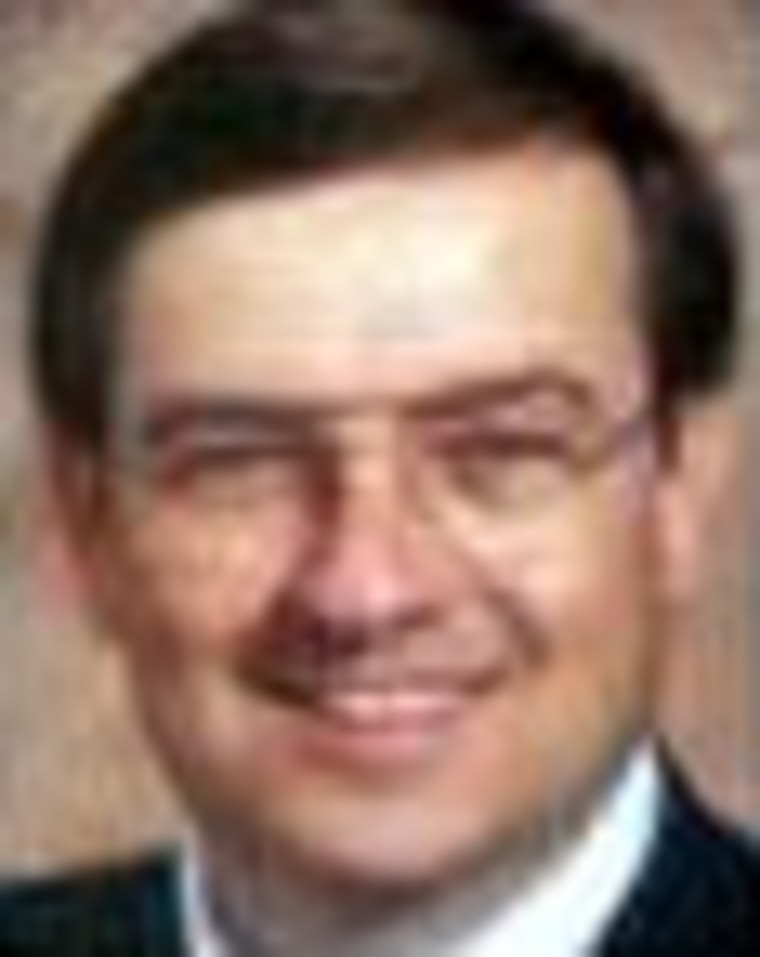
"We think this next year could be one of the best years of the decade," said Gary Thayer, chief economist for A.G. Edwards. "We’re seeing a lot of very positive things right now that we haven’t seen line up this way in quite some time."
Not everyone goes quite so far, and certainly nobody is calling for a repeat of the stunning 8.2 percent GDP growth posted in the third quarter -- the fastest pace in 20 years. But the seven panelists we polled are virtually unanimous in declaring that the U.S. economy has reached a turning point and should see above-average growth and rising employment for at least the next several quarters.
The level of employment growth remains an area of significant concern for some of our panelists, who fear that structural factors including rising productivity will prevent the unemployment rate from dropping much below its current 5.9 percent rate over the next year. Ed Leamer, director of the UCLA Anderson forecast center in California, noted that 2.8 million manufacturing jobs have been lost over the past three years, and many of the affected workers will have to find jobs in other industries and possibly other parts of the country.
Analysts are sharply divided over the role of the Federal Reserve over the next year, with many expecting the central bank to raise short-term interest rates sometime around midyear. Others insist the Fed is likely to stay on the sidelines all year because there is little chance of inflation rising from its current low level.
Here are some highlights of their comments on growth, employment and the Fed.
Part 2 of this article includes comments on the outlook for the stock market and next year's presidential campaign.
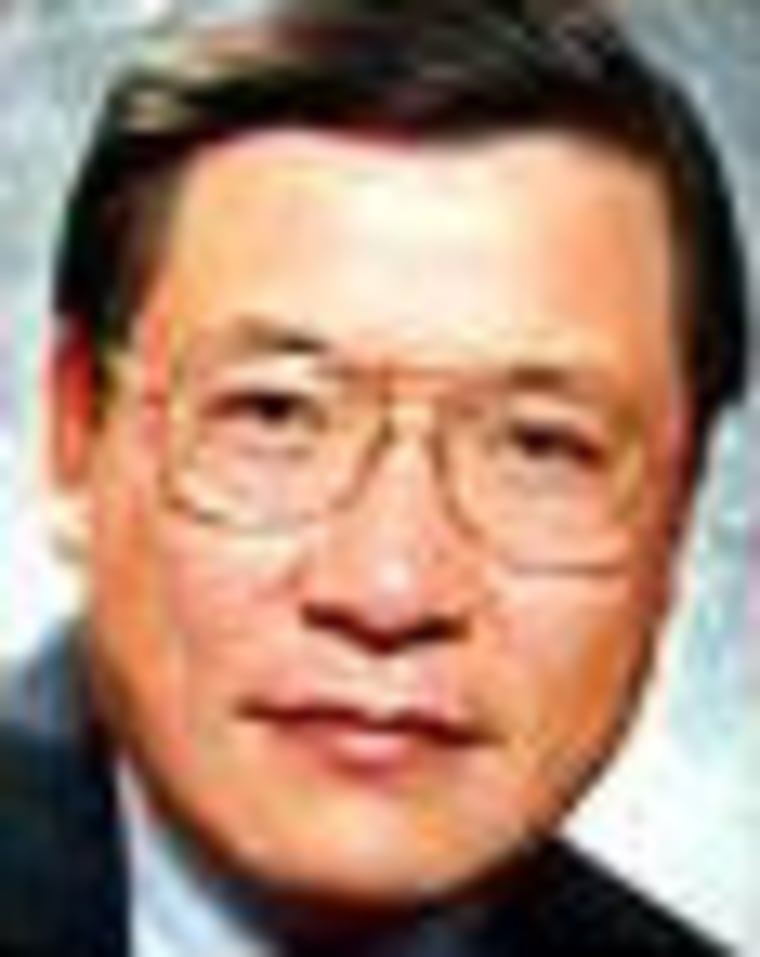

Ethan Harris, chief U.S. economist, Lehman Bros.: Clearly there are the beginnings of something more like a normal business cycle recovery. For a year and a half you had this kind of limbo state, where you neither had a recovery nor a recession. The third quarter of 2003 kicked off a real recovery. A lot of things came together to produce unusually strong growth. In the year ahead we’re going to see some sectors lag and others boom, so net-net it’s solid growth but not booming growth.
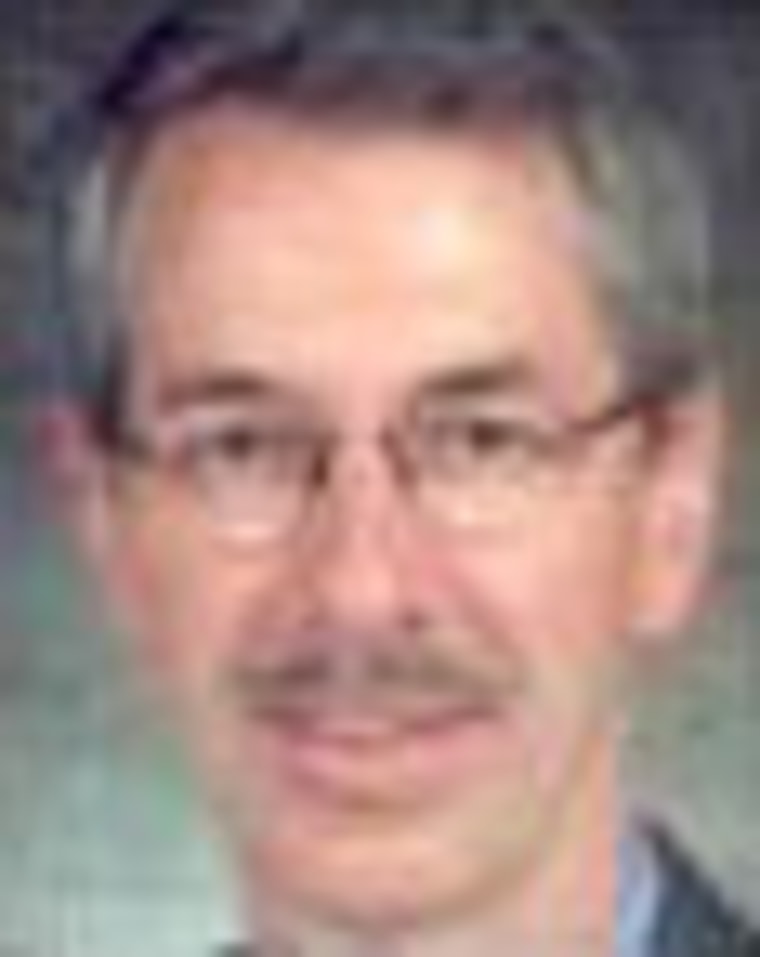
Ed Leamer, director, UCLA Anderson Business Forecast: We expect 2004 to be what we call a normal year. A normal year means pretty good economic growth, but not strong enough to drive down the unemployment rate significantly.
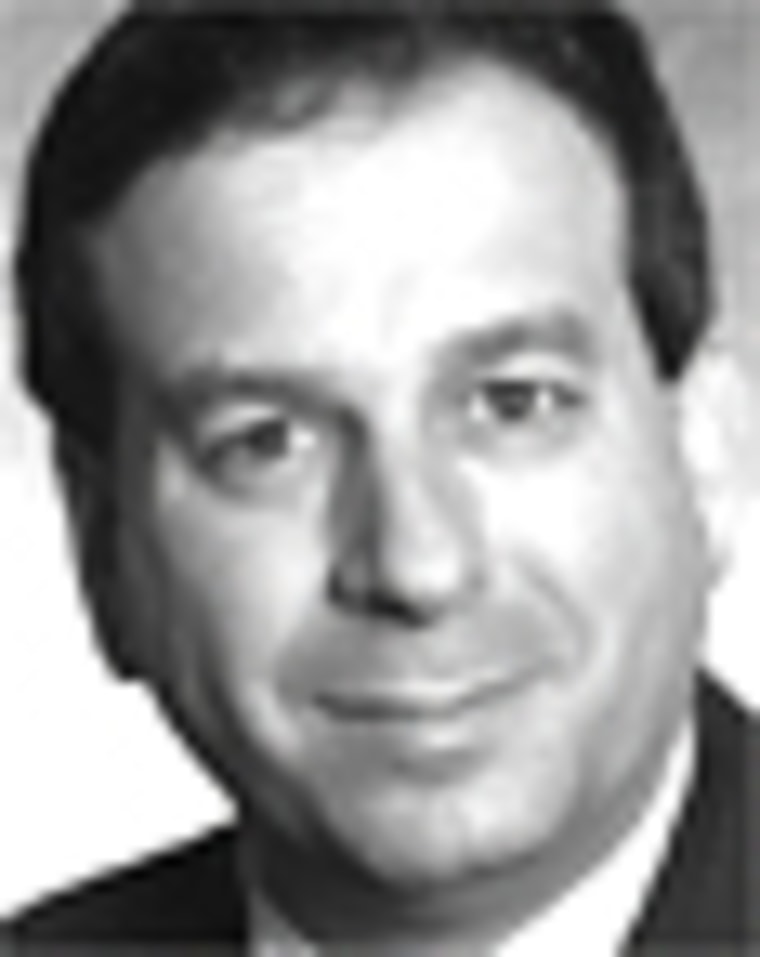
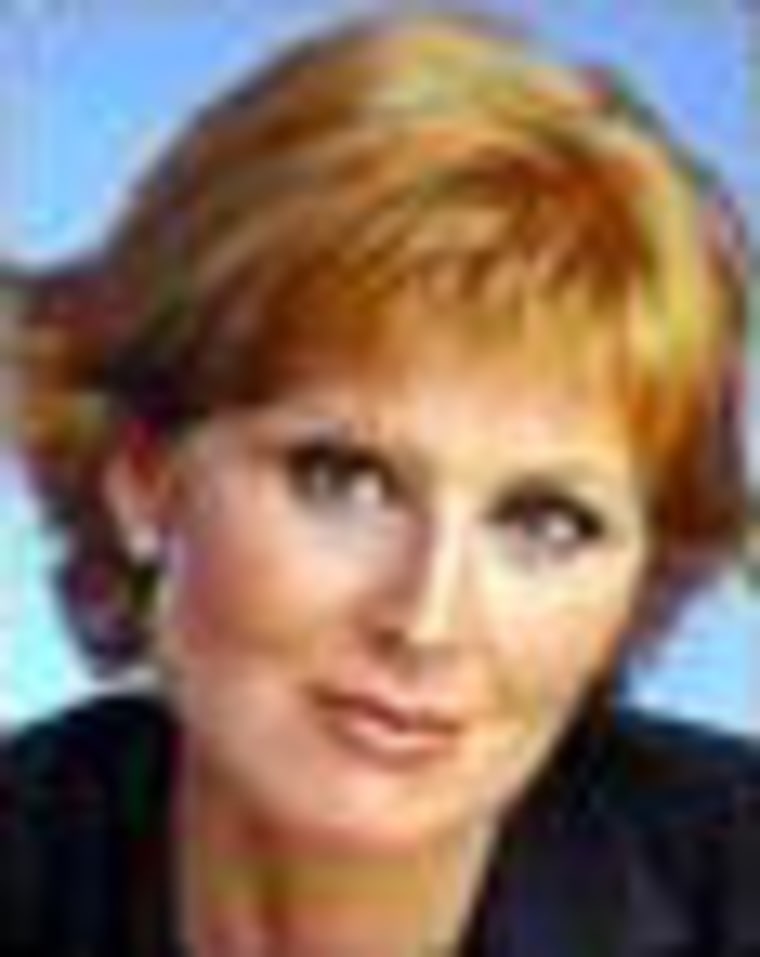
Diane Swonk, chief economist, Bank One: I actually do think we are more likely than not to be surprised on the upside and we will probably get to some of the kinds of job growth numbers that we saw in the 1990s. Maybe not to the 400,000 (new jobs per month) level, but I wouldn’t be surprised to see 300,000 in the next year.
Leamer: An awful lot of the loss of employment was in manufacturing -- 2.8 million jobs. If you’re putting workers back to work in manufacturing, that’s a transition that can occur rapidly. But if you have to take 2.8 million workers and move them into some other jobs outside of manufacturing that’s a much bigger job.
FEDERAL RESERVE FORECAST
Swonk: We’re looking for a midyear, bold move by the Fed of 50 basis points as a credibility move against inflation. We won’t see really heavy lifting on interest rates until 2005, and that’s when it’s going to get much more difficult in terms of monetary policy. That may be a more of a runaway economy situation for them to deal with.
Thayer: I think they can probably start raising rates in May or so. I think the dollar would be weak enough that policy-makers are going to think that there’s more inflation risk out there even though we do have excess capacity.
Rosenberg: I don’t think it's going to happen in 2004. I think the Fed is going to deliberately lag the action in the bond market, and they will not begin to tighten until we get a real string of extremely strong GDP numbers. Just because we had one quarter of 8 percent growth -- it’s a little too early to make that assessment right now.
Sohn: I don’t think that the Fed will be raising rates at all in 2004. There are three reasons for that. One reason is the job situation. The Fed wants to see a sustained growth in jobs, and that will take awhile. The second reason is inflation. The Fed wants to see a period of accelerating inflation, and I don’t see inflation coming back anytime soon. The third reason is the election. The Fed does not want to raise interest rates in the middle of an election year.
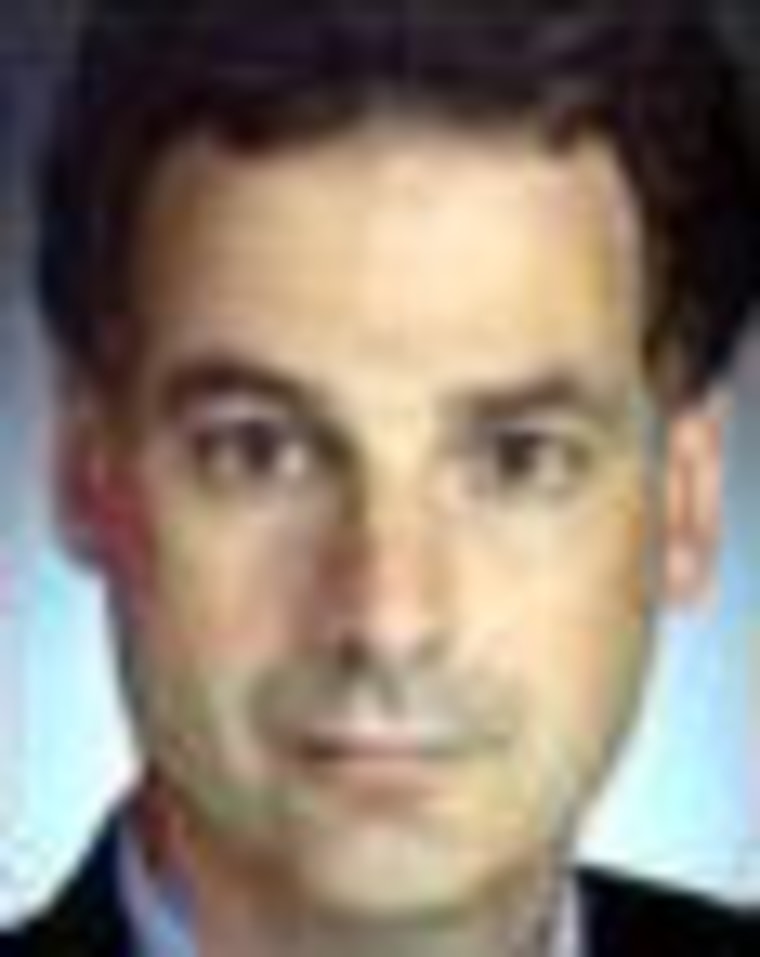
Swonk: I think the greater risk is we see some modest inflation. As the risks that have been gripping the manufacturing sector dissipate a bit, it will create some minor inflation.
Harris: I think as long as the recovery continues and there’s a gradual healing in the economy the risk of deflation is very low. But this reduced risk of deflation doesn’t mean we’re going to get a pickup in inflation either. I think that inflation is likely to remain pretty much where it is right for the next year.
Rosenberg: I think the risk is that in the next couple years (inflation) will still grind lower. There are lots of reasons beyond monetary policy as to why core inflation is continuing to fall. These are very strong forces. There is a prevailing belief out there that the government is always going to get it right and that these reflation measures are ultimately going to pay off in terms of getting inflation higher. Maybe that’s going to happen. I'm not necessarily convinced it's going to happen in the next couple years.